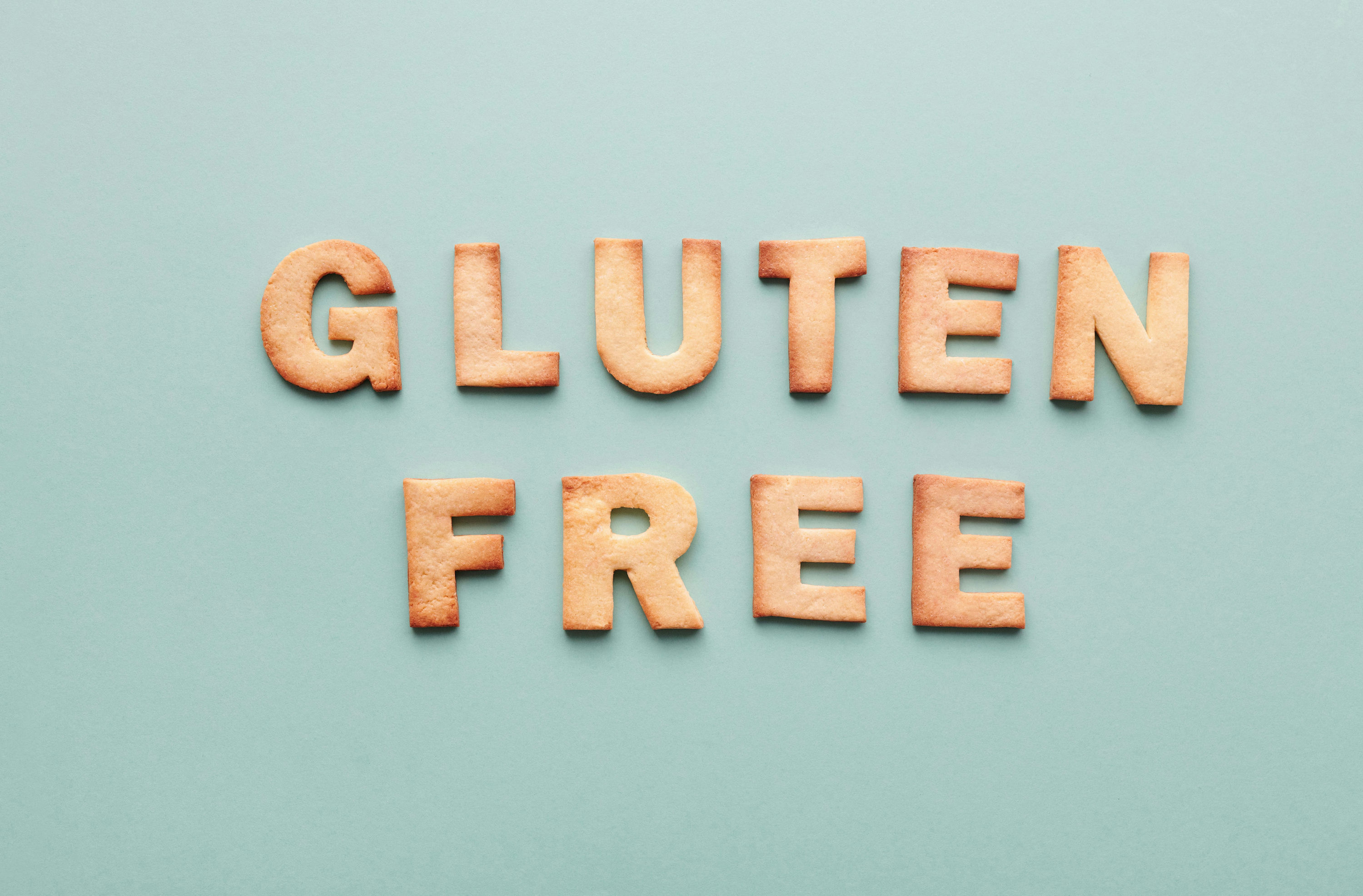
The Ultimate Guide to Living Gluten-Free: Tips, Benefits, and Food Choices
Living gluten-free can be a rewarding lifestyle choice, whether for health reasons or by preference.
Introduction
In recent years, more and more people are turning to gluten-free diets for various reasons—health issues, personal choice, or medical conditions like celiac disease. Gluten is a protein found in wheat, barley, and rye, and for some, it can cause digestive discomfort, fatigue, or even long-term health problems. Whether you're newly diagnosed with gluten sensitivity or exploring the trend out of curiosity, this guide is your roadmap to navigating a gluten-free lifestyle.
What is Gluten?
Gluten is a protein found in grains like wheat, barley, and rye. It acts as a binding agent, giving dough its elasticity. While gluten doesn’t pose any issues for most people, it can cause adverse reactions in those with celiac disease, non-celiac gluten sensitivity, or wheat allergies.
Why Choose a Gluten-Free Diet?
There are several reasons why people choose to go gluten-free. Here are the primary motivations:
- Celiac Disease: A serious autoimmune disorder where the ingestion of gluten triggers damage to the small intestine, leading to malabsorption of nutrients.
- Gluten Sensitivity: Some people experience symptoms like bloating, gas, fatigue, and headaches after consuming gluten, even without celiac disease.
- Wheat Allergy: An allergic reaction to proteins found in wheat, including gluten.
- Health and Wellness: Some individuals adopt a gluten-free lifestyle in the belief that it can improve overall health, energy, or mental clarity.
The Benefits of a Gluten-Free Diet
When followed properly, a gluten-free diet can offer numerous health benefits, particularly for those with gluten-related conditions:
- Improved Digestion: For those with gluten sensitivity or celiac disease, removing gluten from the diet can help alleviate uncomfortable symptoms like bloating, diarrhea, or constipation.
- Increased Energy: Many people report feeling more energetic and less fatigued once they eliminate gluten, especially if they were unknowingly suffering from gluten intolerance.
- Better Skin Health: Some individuals notice a reduction in skin issues like acne, eczema, or rashes when going gluten-free.
- Mental Clarity: Gluten intolerance can sometimes lead to brain fog, and a gluten-free diet may improve focus and concentration.
Common Challenges of Going Gluten-Free
While the gluten-free diet can offer benefits, it does come with its own set of challenges. Here are a few to keep in mind:
- Limited Food Choices: Many processed foods and restaurant meals contain gluten. It may take some effort to find gluten-free alternatives, particularly when dining out.
- Cross-Contamination: Even a small amount of gluten can trigger symptoms. Cross-contamination is a concern in shared kitchens or food production facilities.
- Higher Costs: Gluten-free products often come with a higher price tag. However, the growing demand for gluten-free options has led to more availability at competitive prices.
Top Gluten-Free Foods to Include in Your Diet
Fortunately, there is an abundance of delicious gluten-free foods to enjoy. Here are some staples to incorporate into your gluten-free diet:
- Fruits and Vegetables: Fresh produce is naturally gluten-free and should form the foundation of any balanced diet.
- Meat, Poultry, and Fish: These are naturally gluten-free, but be cautious of breaded or pre-seasoned options.
- Gluten-Free Grains: Rice, quinoa, corn, millet, buckwheat, and amaranth are all naturally gluten-free.
- Legumes: Beans, lentils, chickpeas, and other legumes are gluten-free and great sources of protein and fiber.
- Dairy: Most dairy products like milk, cheese, and yogurt are gluten-free (but be sure to check labels).
- Gluten-Free Flours: Almond flour, coconut flour, and gluten-free oats can be used to replace wheat flour in baking.
Tips for Living Gluten-Free
- Read Labels Carefully: Always check food labels for hidden gluten ingredients, such as malt, barley, or wheat starch.
- Cook at Home: Preparing meals at home allows you to control the ingredients and avoid cross-contamination.
- Find Gluten-Free Substitutes: There are many gluten-free versions of everyday foods like bread, pasta, and snacks available at most grocery stores.
- Explore Gluten-Free Restaurants: Many restaurants now offer gluten-free options, but always confirm that the kitchen follows safe practices to prevent cross-contamination.
Conclusion
Adopting a gluten-free diet can be a rewarding journey that brings significant health improvements for those who need it. While it may take some time to adjust, with the right knowledge and resources, you can enjoy a varied, delicious, and healthy gluten-free lifestyle. Always consult a healthcare provider or nutritionist when making significant dietary changes to ensure you are meeting all your nutritional needs.








%201.svg)
%201.svg)
